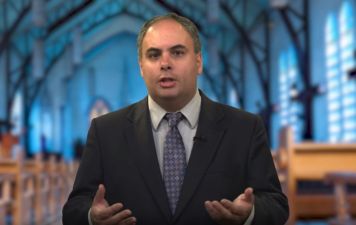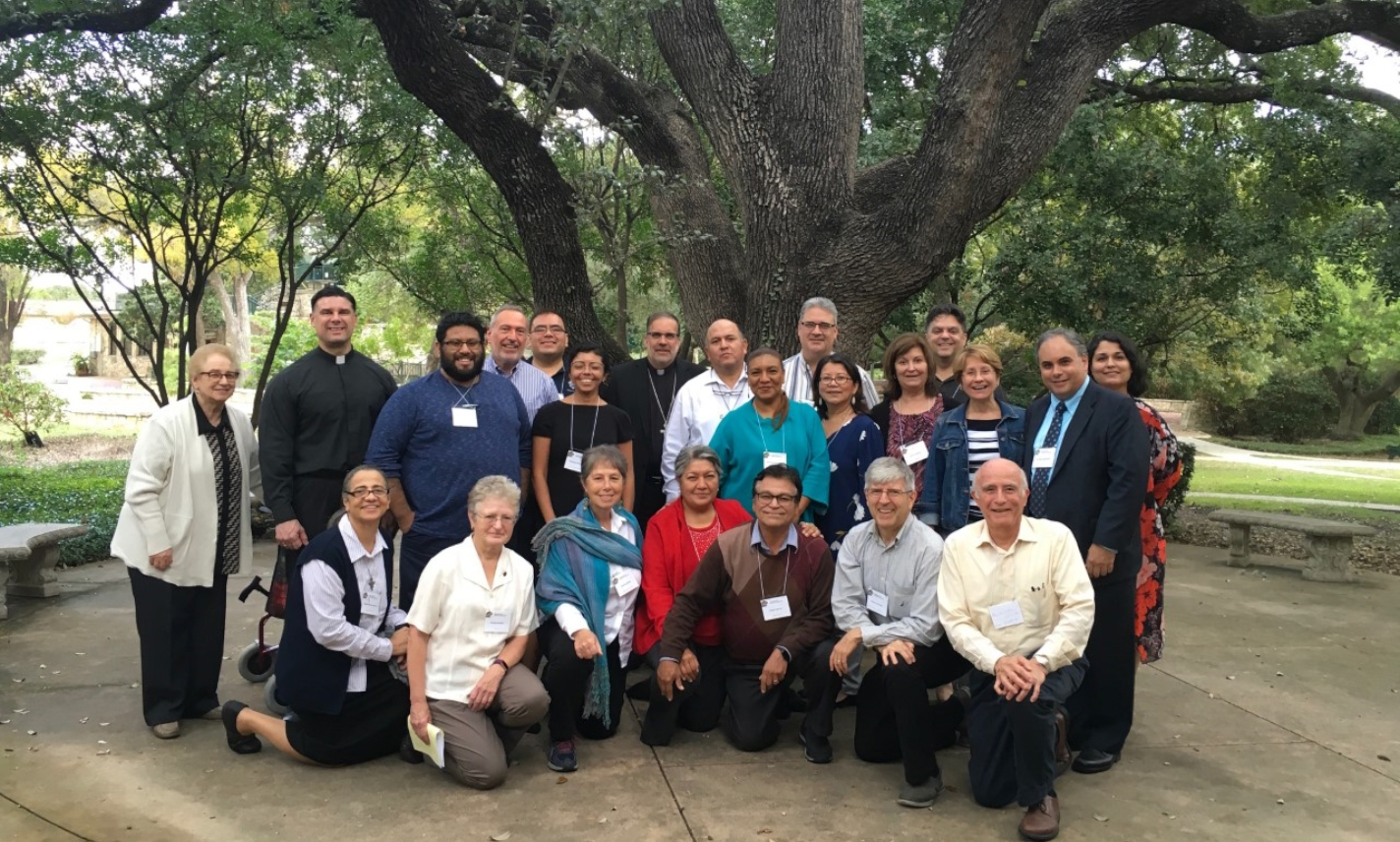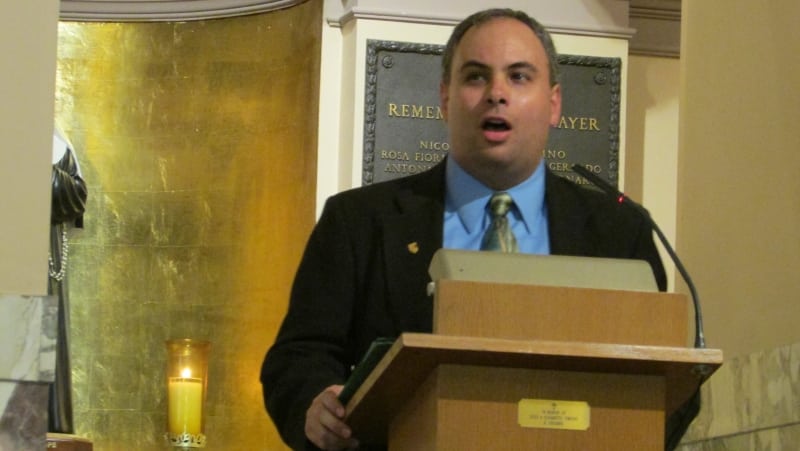Saturday of the Third Week of Easter, April 24,2021
Especially over the past year, so many of us have experienced losses. We may have been ill, or we may have known others who fell ill, some perhaps for a long time, and so many of us have known the loss of a dear family member or loved one during the pandemic.
I think we can all relate to the first reading from Acts today – with Aeneas – the paralyzed man, or with the family and friends of Tabitha, the woman who fell ill and died.
Perhaps their circumstances brought to your mind a loved one close to your heart who you know have been ill or who is ill now. Maybe you yourself have been ill this past year and you can recall that vividly. Or you may recall the memory of someone who has died over the past year.
I don’t know about you, but when I think of those loved ones, it can be hard to hear the stories in the first reading of these individuals being miraculously restored to health by St. Peter. I am tempted to ask why God would heal those people, or restore that person to health – but not the person I know and love.
Maybe you have thought that, too, especially over this past year. It is an understandable part of our sorrow at the losses we have endured.
The good news is that God understands that hurt too. In Jesus, God has fully entered the human condition. He knows what it is like to experience losses. Think of how he wept at the tomb of his friend Lazarus.
In today’s Gospel, you wouldn’t be wrong imagining that he is sad to see so many stop following him because of his teaching about he himself being the bread of life for the world – that is, of his whole life being spiritual nourishment for us on our journey, which we have celebrated throughout the church’s history each day in the Eucharist. Perhaps you can hear the sadness at that loss in the question to his closest disciples, “Do you also want to leave?” I think it is perhaps the most heartbreaking question in the entire Bible.
The losses Jesus experienced in his life, and the ones we experience in our lives, are real. In times of suffering and loss, we are often left without answers we wish we had, and we have to place our faith and trust in God and in God’s long view of our whole life – which doesn’t end here – but which continues in beautiful ways we can hardly imagine in the life to come.
It is also interesting that Peter responds to Jesus on behalf of the others to Jesus’ question. Peter is often seen in the Gospels as often missing the point of Jesus message, and we know he even denied Jesus on the night of Holy Thursday. But here, he gets it right away: “To whom else shall we go? You have the words of eternal life.”
The healing of Aeneas, the raising of Tabitha, the response of Peter, and the promise of Jesus are there to remind us, even in the midst of losses we have endured, that God sees and hears our pain and never abandons us in it. And that God has prepared for us – in this life and the one to come – more blessings than we can possibly imagine! God doesn’t take away the pain of our losses but helps us to see through it to the future that God has in mind for each one of us, and for all of us.
God give you peace!
+ + +
As Director of Certification for Ecclesial Ministry and Service at the United States Conference of Catholic Bishops (USCCB), I have the opportunity to record video reflections on the readings of the Scriptures proclaimed at daily Mass. I do so as part of larger group of colleagues at the Conference, along with lay and ordained leaders from around the country. I am grateful for the opportunity to reflect on the meaning of the readings for the life of faith today and to share them here, along with the written text of the reflections. To view these video reflections for past and upcoming celebrations of the Eucharist, visit the USCCB website.



 Request Dr. DelMonico's professional services for a liturgical, ministerial or leadership consultation, or for an academic or public presentation.
Request Dr. DelMonico's professional services for a liturgical, ministerial or leadership consultation, or for an academic or public presentation.